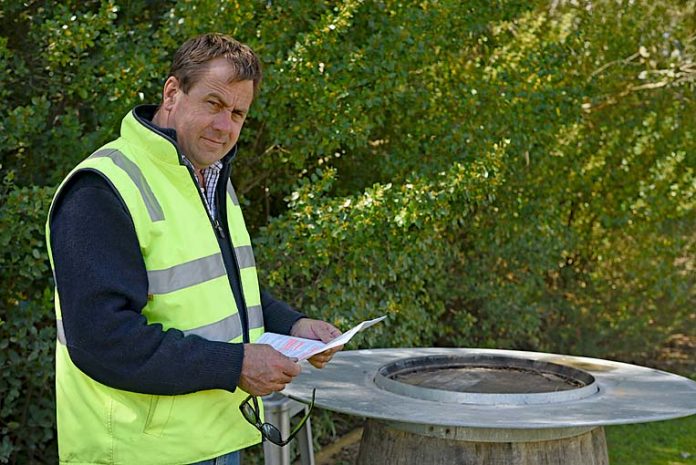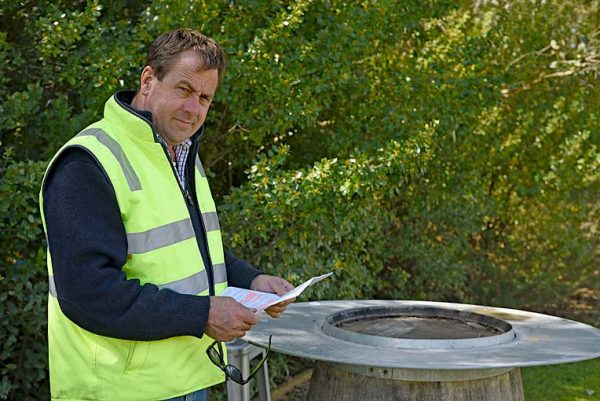

LIMESTONE Coast wineries will join those across the nation in preparing for a sea of change following the release of the Australian Competition and Consumer Commission (ACCC) final wine grape market report.
The document covers a range of issues within the wine and grape industry and implied actions with some requiring immediate responses.
A review of contract documentation and practices between grape growers and winemakers for unfair terms was highlighted, as well as further developments to the voluntary code of conduct many growers and makers abide by.
Experienced Coonawarra vigneron Peter Balnaves said the report aimed to standarise legislation across the nation along with quality parameters and the code of conduct.
“Before one has a compulsory code of conduct they must first go through the process of having a voluntary one, which has been in place in South Australia for many years,” he said.
“In my experience, the code of conduct is working reasonably well but this region is expected to be affected differently to others in the report.”
The vigneron said although inland region issues are different to cooler regions such as Coonawarra, it was imperative the industry collaborated to provide the commission with a cohesive response.
“The commission has given a couple of years leeway in order to get these changes in place,” Mr Balnaves said.
“They want to start seeing changes within that time.
“In the cooler regions, grape growers will only know the base price and will not know the final grading until it has gone through a wine making process.”
Mr Balnaves said winemakers can look at the products objectively and say whether it “fits into a particular product”.
“It will be an interesting process going forward,” he said.
“From here on out it depends on what action is taken within the cooler regions as it is most common that fruit is graded, which is an important process to have confidence in.
“It is also important that wine and grape producers are dealing with companies where the type of fruit they grind matches the type of fruit the off taker wants, so this grading system goes well.”
Mr Balnaves hoped the commission’s recommendations would be streamlined and result in better understanding.
“There are some things within the report that I believe will be quite difficult,” he said.
“Wine making, particularly within cool premium areas, is different to warm inland areas.
“The style of wine that one winery wants can be completely different to the style that another wants.
“Going forward I think it will be the way the industry deals with these things that will be important.”
Mr Balnaves said the overall report looked at the industry nationally with South Australia already considered “advanced”.
“South Australia has the Wine and Grapes Act which grape growers and winemakers who purchase food operate under,” he said.
“What this does is obtain a prescribed payment, so if someone buys fruit it tells them how many days their payments are going to be given over, which is law in South Australia.
“If someone does not follow then the State Government Treasury will chase them and if they continue not to pay then they cannot purchase fruit the following year.”







